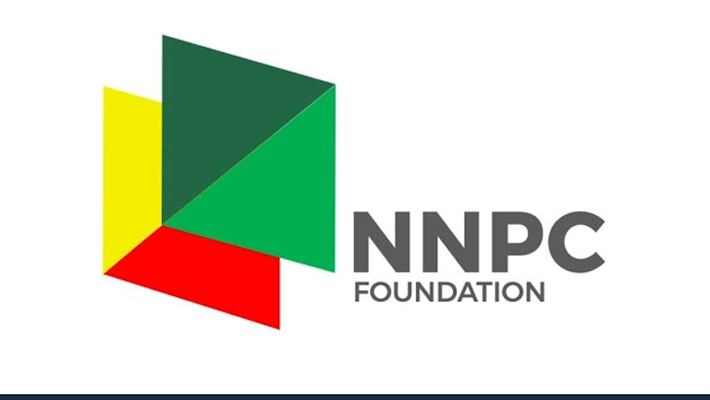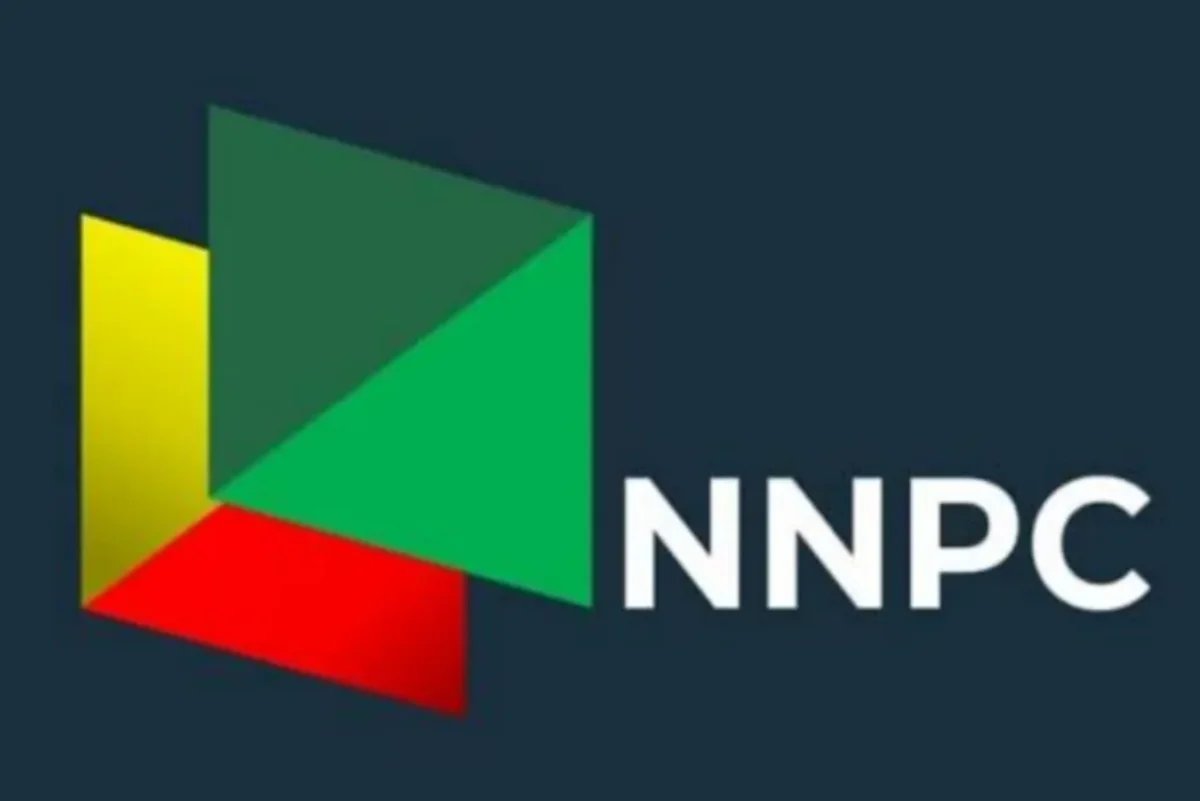The National Agency for Food and Drug Administration and Control (NAFDAC), Cocoa Processors Association of Nigeria (COPAN), Nigerian Association of Chambers of Commerce, Industry, Mines, and Agriculture (NACCIMA), Network of Practicing Non-oil Exporters of Nigeria (NPNEN), and Lagos Chamber of Commerce and Industry (LCCI), have agreed to work together to boost Nigeria’s non-oil export trade.
This, the stakeholders intend to achieve by ensuring that rejection of processed and semi-processed cocoa products and other food exports from Nigeria become a thing of the past. This was disclosed at NAFDAC Export stakeholders interactive session, which was held in Lagos. The focus of the event was on the agency’s draft export regulations, 2024.
It was aimed at creating a platform to discuss critical issues of trade facilitation and how both NAFDAC and stakeholders in the export value chain can forge a common front, speak with one voice for the mutual good of the country.
Speaking at the event, the Director General of NAFDAC, Prof. Mojisola Adeyeye, noted that regulations are legal instruments for control and elucidation of standards for the compliance of all stakeholders in the manufacture, importation, exportation, distribution, advertisement, sale and use of regulated products, adding that regulations derive from the enabling enactments and stipulate red lines and penalties against infringement.
She revealed that NAFDAC under her leadership, has updated and gazetted 21 new regulations covering many areas of the agencys regulatory activities, stressing that export regulations is just one of the several regulations that are in the process of being gazetted into law.
“As you are all aware, often, our regulated products which are packaged, and for most of the time, exported without NAFDAC certification failed at the entry borders and reports have accumulated to put Nigeria at a disadvantage in international commerce,” She said, according to a statement by Sayo Akintola, NAFDAC’s Resident Media Consultant. Adeyeye lamented that a few stakeholders products are already on the red list of some importing nations.
She pointed out that this has been the outcome of years of poor oversight and lack of regulatory supervision of the quality and safety components of regulated products produced, packaged and presented for export, adding that these enabling laws have placed the responsibility of regulation and control of the quality and safety of these products on NAFDAC.
The NAFDAC boss explained that the agency has continued to pursue regulatory interventions at both local and international levels to ensure that the nation is not totally and completely banned from exporting any kind of food product in international commerce.
The DG emphasized that these regulatory interventions are critical for the survival of Nigerias trade across international borders where trade laws and compliance are viewed with serious evaluation.
“Todays engagement is therefore meant to put these concerns in perspective, to bridge the knowledge gap and allay all fears to foster the necessary collaboration required to move our regulated product exports to the desired rating in international trade,” she said.
Adeyeye assured participants that if a product for export is already registered with NAFDAC, the agency has less work to do, stressing that companies on the agencys database require less visitations. “The most important thing is to have confidence in your product. For us whats most important is that your product is not rejected in the importing country,” she said.
Adeyeye disclosed that handholding will start with cocoa producers based on the presumption that some of them are already registered with the agency while those that are not registered will equally be accommodated, adding that “we will look at those on our records and categorize them into Low, Medium and High Risk which requires random visitations for those that have been complying with the regulatory requirements.”
In his remarks, the Director General of NACCIMA, Dr Olusola Obajimu, pledged the support of the stakeholders to ensure that the nation improves it foreign exchange revenue drive through non-oil export trade in collaboration with NAFDAC. Representative of COPAN and Managing Director of Multi-Trex Integrated Foods Plc, Yusuf Isiaka, said, “we are very happy to see signs around today’s gathering that NAFDAC of today is a collaborative one.”












